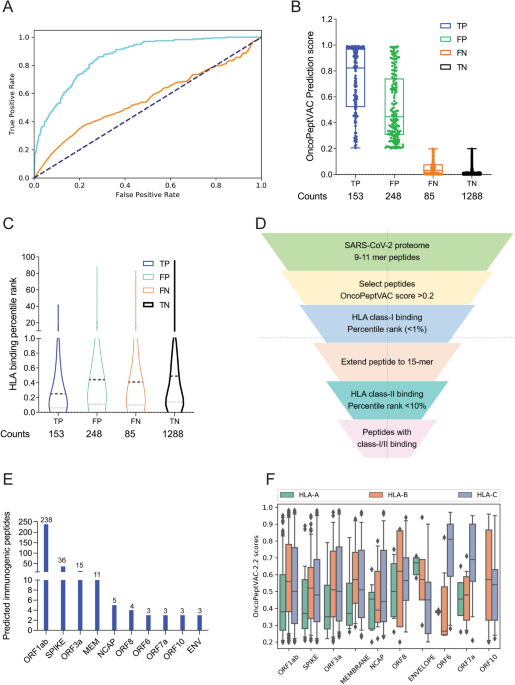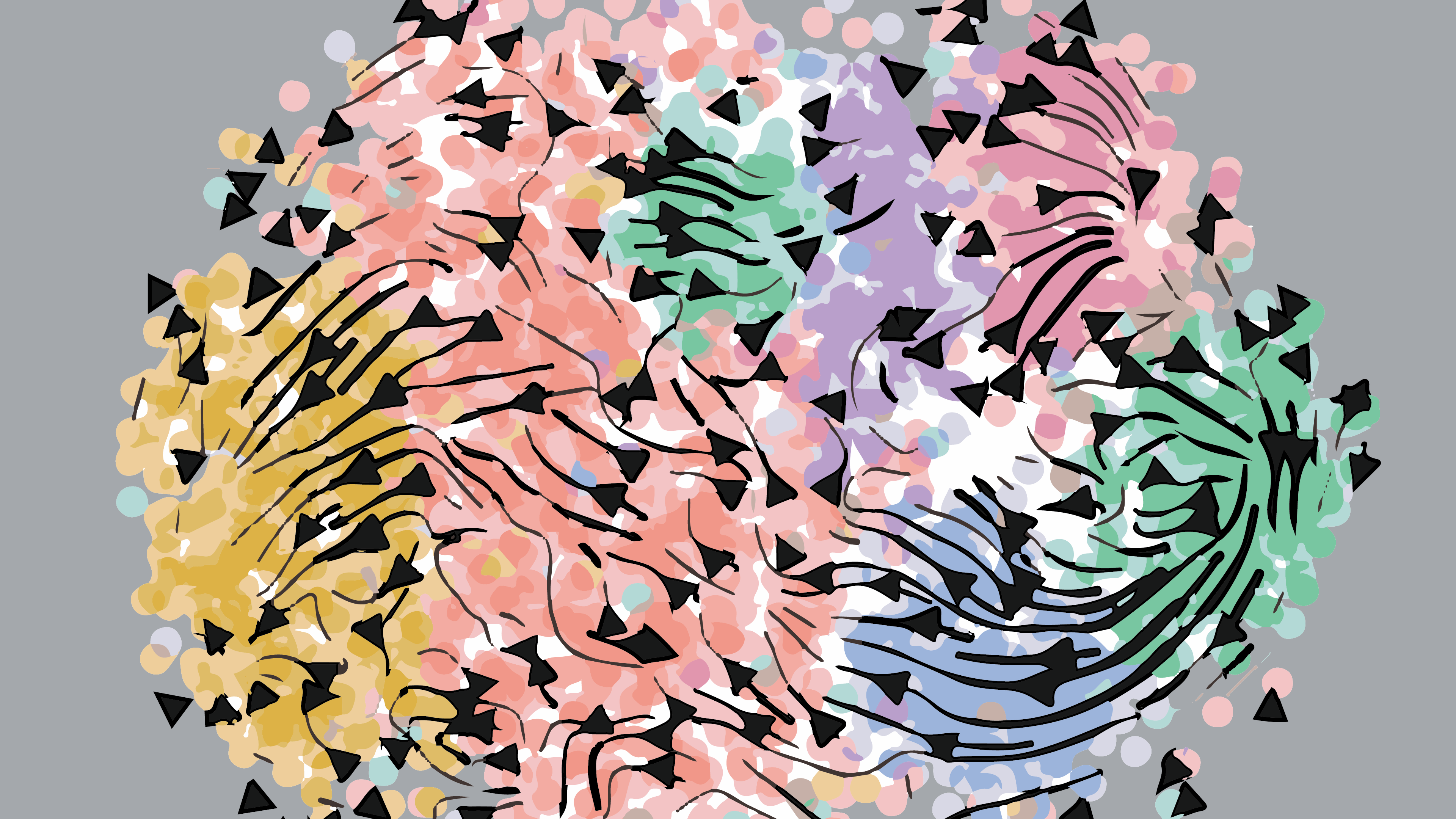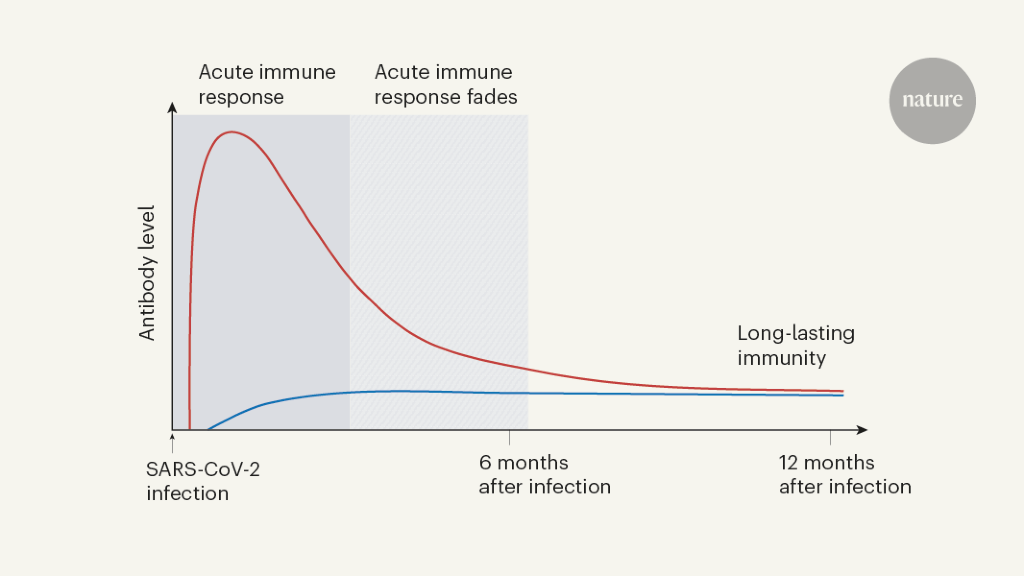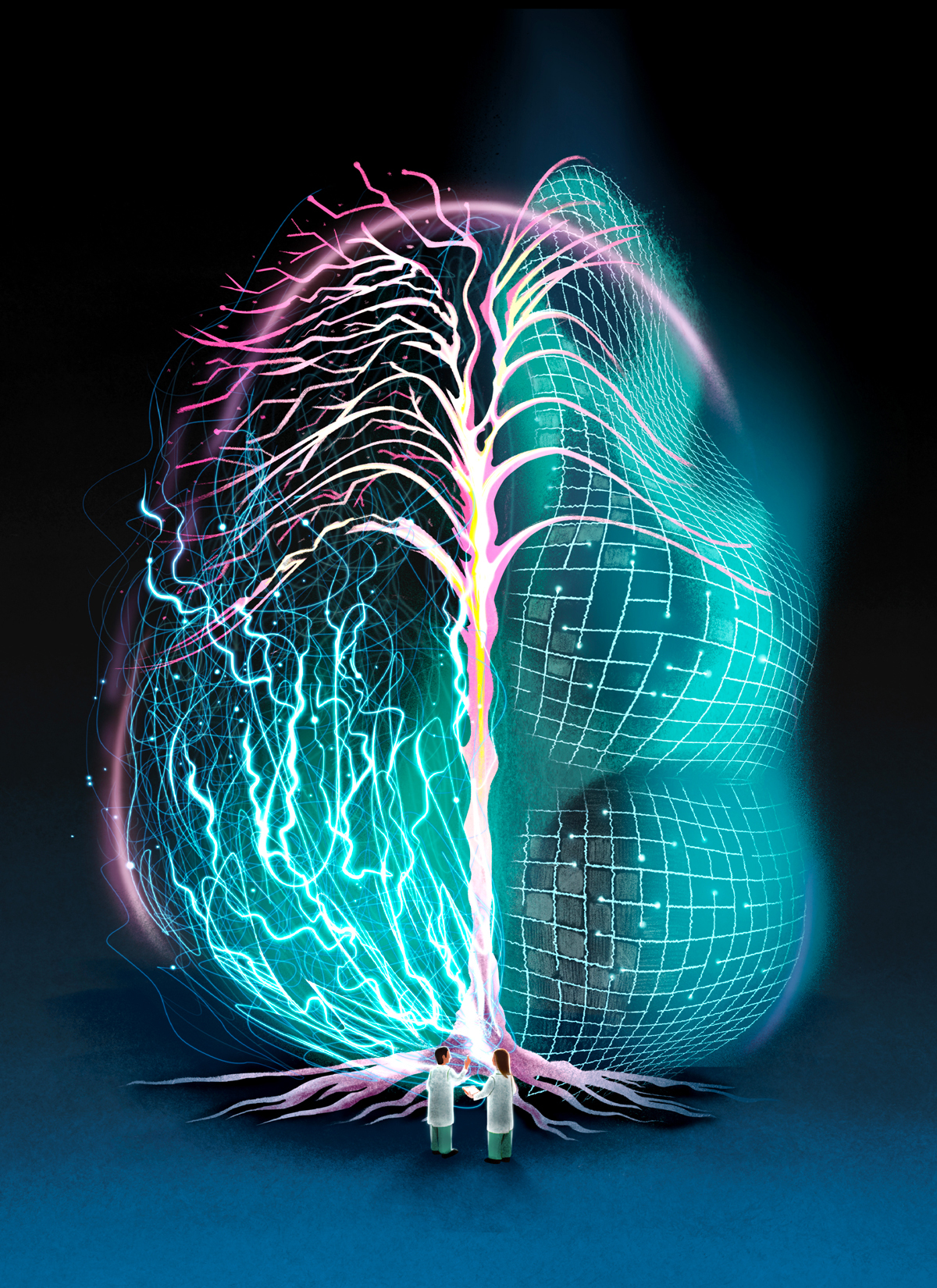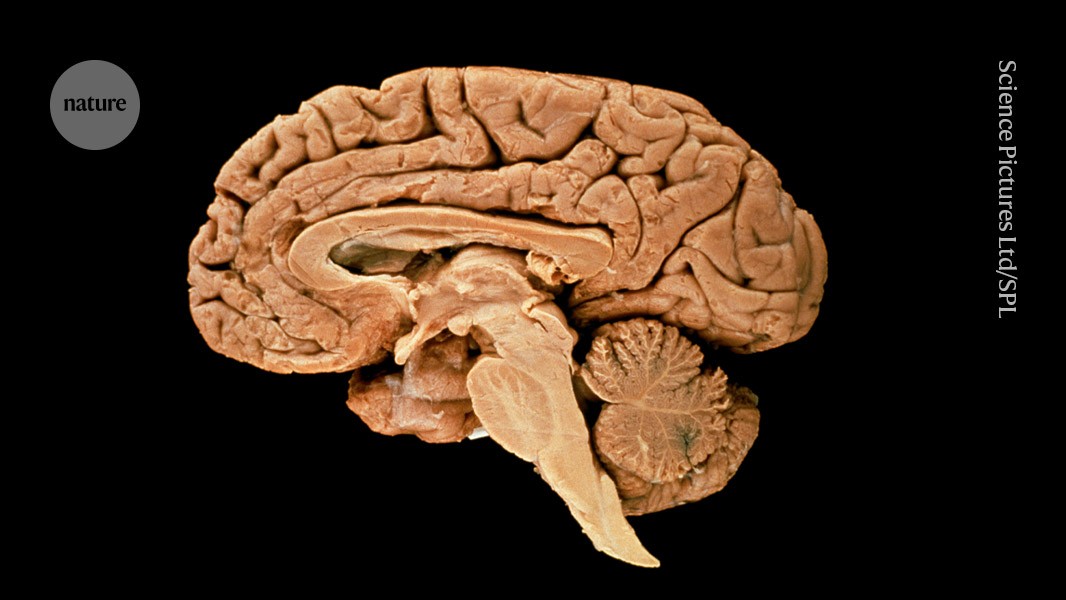
How human brains got so big: our cells learned to handle the stress that comes with size
You can also search for this author in PubMed Google Scholar
Humans have evolved disproportionately large brains compared with our primate relatives — but this neurological upgrade came at a cost. Scientists exploring the trade-off have discovered unique genetic features that show how human brain cells handle the stress of keeping a big brain working. The work could inspire new lines of research to understand conditions such as Parkinson’s disease and schizophrenia.
The study, which was posted to the bioRxiv preprint server on 15 November1, focuses on neurons that produce the neurotransmitter dopamine, which is crucial for movement, learning and emotional processing.
By comparing thousands of laboratory-grown dopamine neurons from humans, chimpanzees, macaques and orangutans, researchers found that human dopamine neurons express more genes that boost the activity of damage-reducing antioxidants than do those of the other primates.


